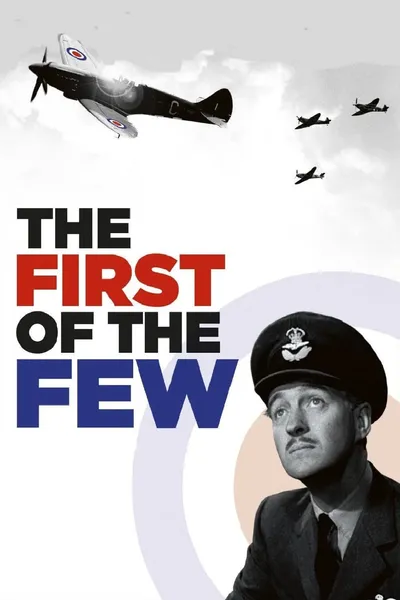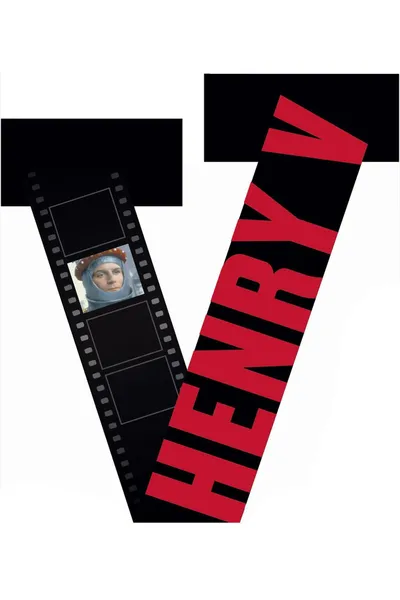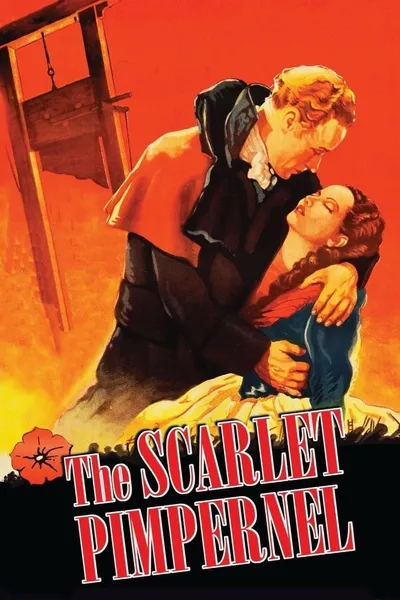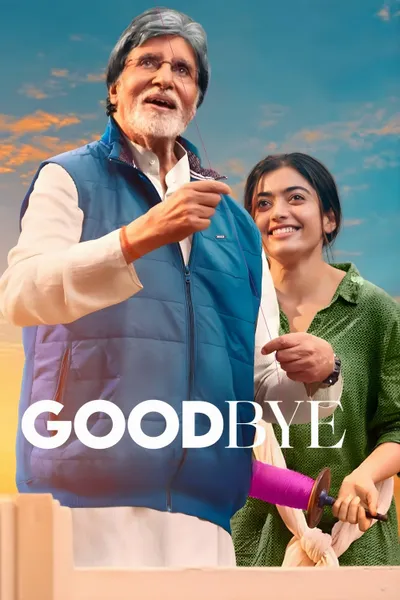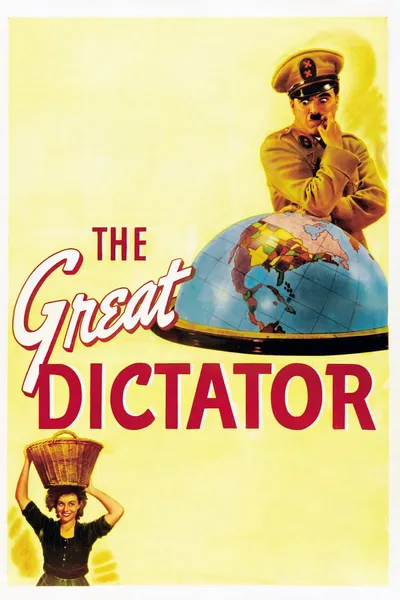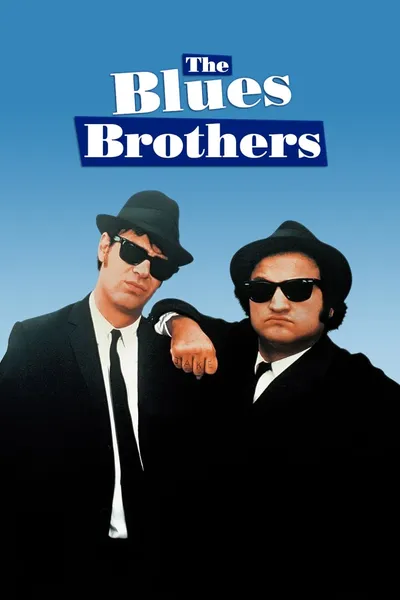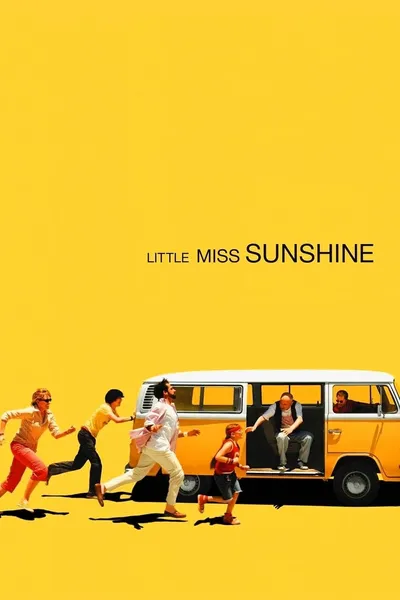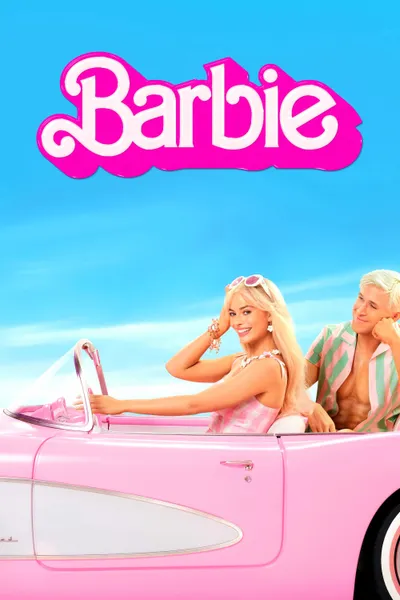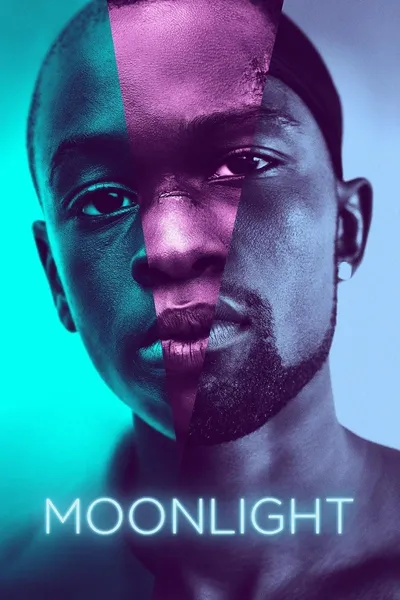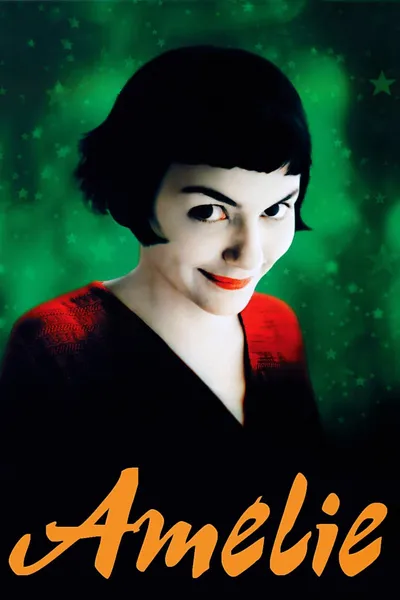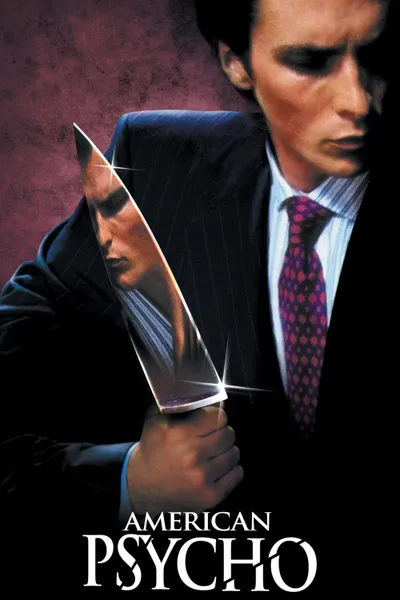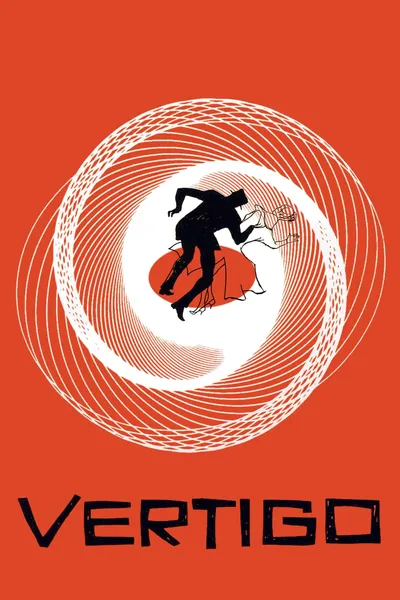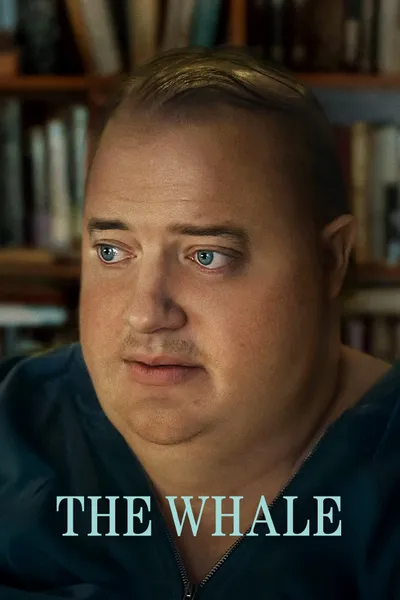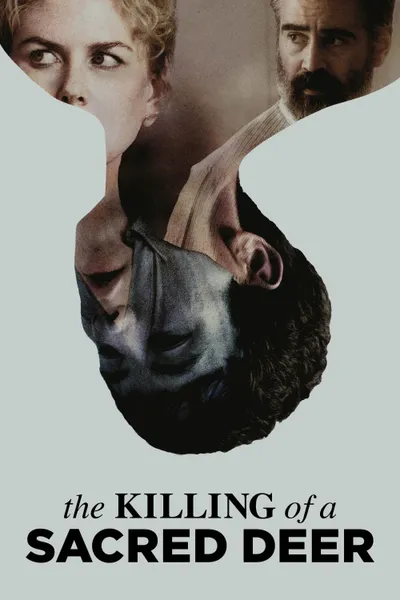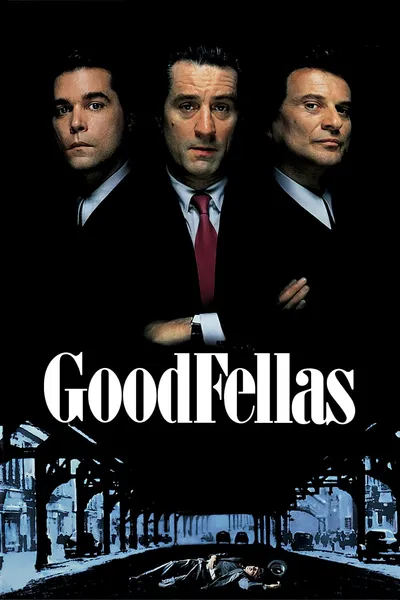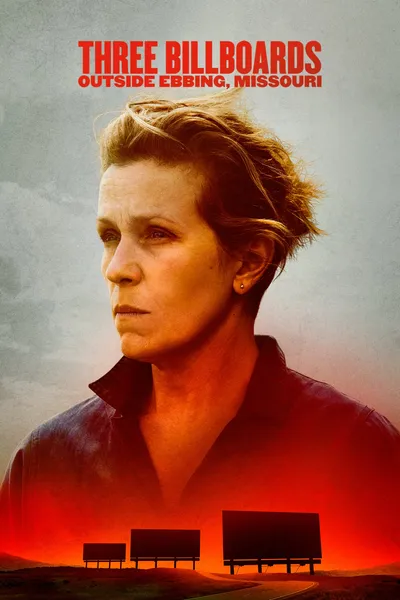Reviews

CinemaSerf
June 3, 20247.0
Leslie Howard had a hand in just about everything here, and has delivered quite a poignant story of a dedicated and visionary man who might just have a legitimate claim to really have helped stave off the Nazis. He portrays R.J. Mitchell, a man whose vision was as an aircraft designer. We were still using bi-planes at the time and though the engineering of flight was now well established, he was determined to push the boundaries. His bosses at British firm SuperMarine were nervous about the investments - especially when he came up with a plan for the aircraft equivalent of a onesie. He sticks to his guns though, and next thing he, with the help of his accomplished pilot "Geoffrey Crisp" (David Niven), is winning the Schneider Trophy and pushing speed records from 200+ mph to 400+ mph. All of this development is coming at a time when the Germans are ignoring the Versailles treaty and rearming. There are plenty of Britons pushing for a similar programme, especially the vocal Lady Lucy Houston (Toni Edgar-Bruce) who donates the not inconsiderable sum of £100,000 so he can work with Rolls-Royce to take it's embryonic "Merlin" engine and fit it to a nimble fighter aircraft - the "Spitfire". Though it is Howard who takes centre stage, I think it's actually Niven who works the best here as the enthusiastic pilot who manages to motivate his friend whilst helping to manage his increasingly obsessive behaviour alongside wife Diana (Rosamund John). There's a sense of excitement as their peacetime racing enterprises illustrate the pre-eminence of this British team and then a sense of accruing menace as they realise those across the channel were playing nice whilst looking to Hermann Goering to fund an expansive programme of military Messerschmidt production. It does run a little to sentiment towards the end, but there is ample action, a bit of mischief and a lively score from William Walton make for a slightly rose-tinted but entertaining and sometimes quite informative watch.
Recommendation Movies
Henry V1944
The Scarlet Pimpernel1934
Goodbye2022
The Great Dictator1940
The Blues Brothers1980
Little Miss Sunshine2006
Barbie2023
Oppenheimer2023
Moonlight2016
Green Book2018
The Silence of the Lambs1991
Amélie2001
American Beauty1999
Parasite2019
American Psycho2000
Vertigo1958
The Whale2022
The Killing of a Sacred Deer2017
GoodFellas1990
Three Billboards Outside Ebbing, Missouri2017
© 2025 MoovieTime. All rights reserved.Made with Nuxt
